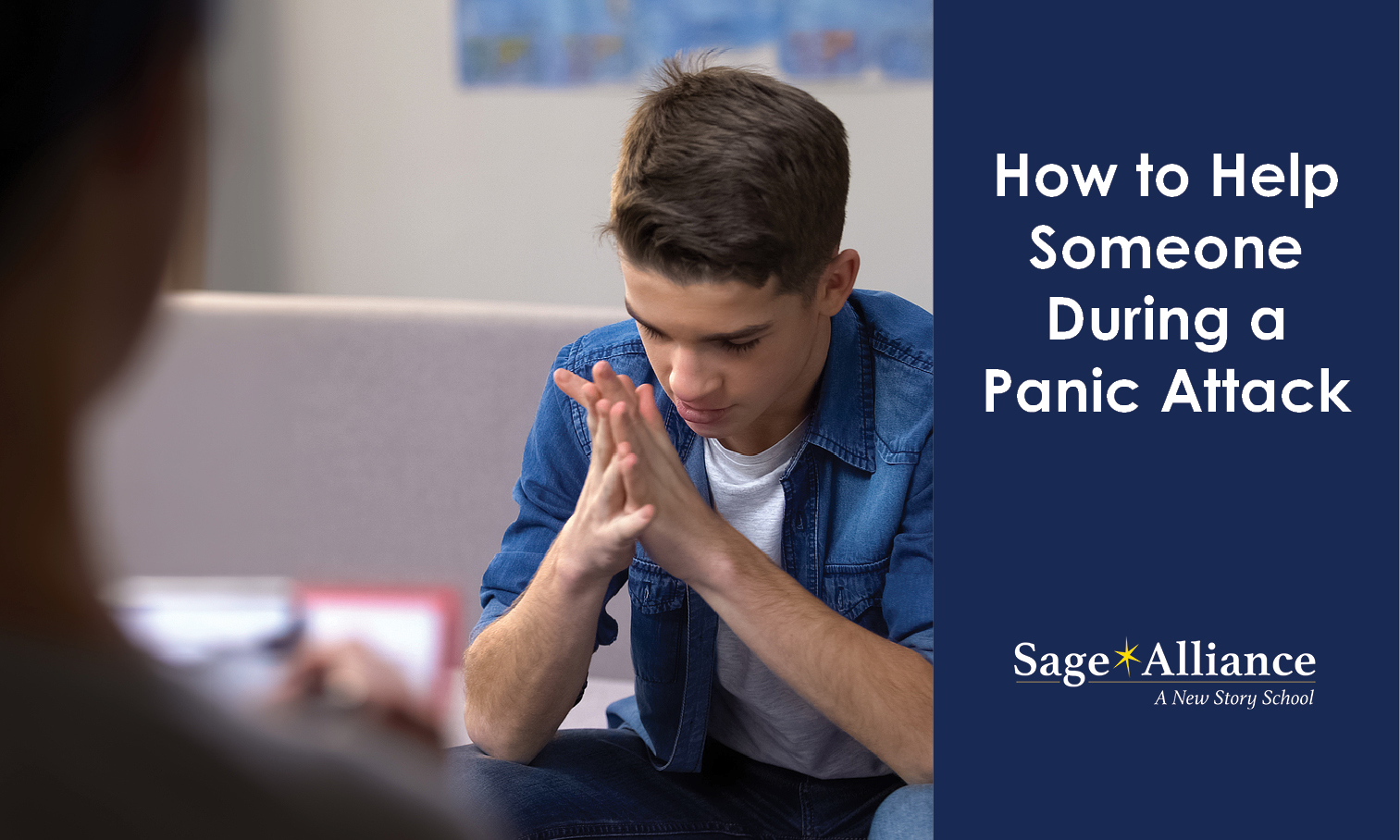How to Help Someone During a Panic Attack
Posted: February 19, 2018 | Written By: Justin Gerwick | Category: Emotional Health

Panic disorder prompts someone to have repeated panic attacks, and may cause them to live in fear of future panic attacks. Panic attacks can be arbitrary and occur unexpectedly. If you are close to someone who suffers from panic disorder or other anxiety disorders that cause them to have panic attacks, it’s important to keep these things in mind, in the event you are with them when a panic attack strikes.
Ask
If you don’t already know, ask them if they’ve ever had a panic attack before and if they know what might help them. Put yourself in their shoes. If you were in the midst of a panic attack, you might not want someone telling you to count backwards from 100, though that is helpful for some. Asking what they might need from you also helps them regain a sense of control over the situation.
Stay with Them
While you may be frightened and feel unequipped to handle the intensity of a panic attack, it can be helpful for you to stay with the person as a resource. Offer to help remove them from a situation, and remind them that they can leave to go to a different, more calming location. Assure them that they are safe, and that you are there to help. Remind them that their panic attack is temporary, and it will pass soon.
Encourage Deep Breathing
If they are not able to communicate with you, encourage deep breathing. Pace their breaths with them: take a deep breath in for four seconds, and breathe out five seconds, repeat. During panic attacks, it can be difficult for them to regain control of their breathing, so this tactic can be effective in helping them wind down.
Here’s What to Avoid
Do not direct a person having a panic attack to “relax” or “calm down”. A person can become more anxious if they feel like their panic attack is a burden on you. And telling them to calm down faster than the rate they’re comfortable going could convey a sense of urgency they cannot cope with in the moment. Try not to ask why they’re having a panic attack, as they likely aren’t sure what brought it on themselves.
Want to be notified of new articles and resources from Sage Alliance? Click here to submit your email and opt into our newsletter.









